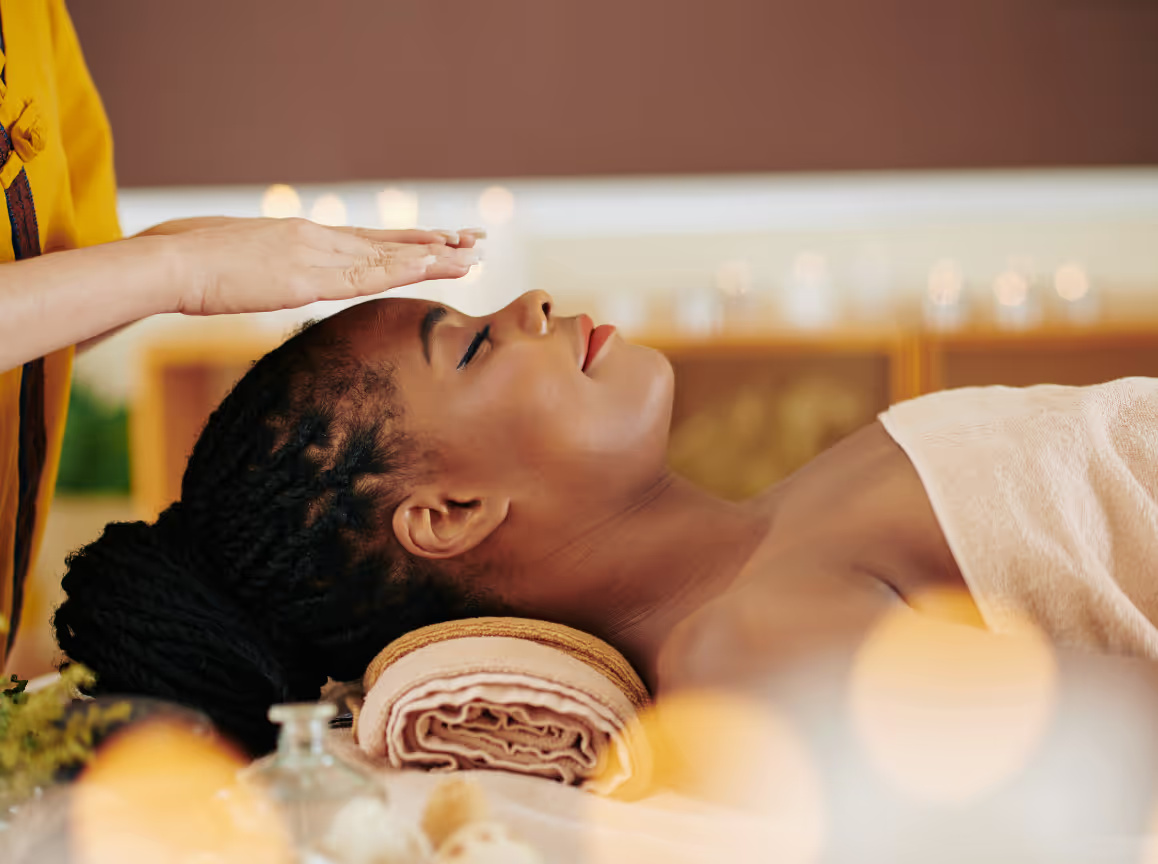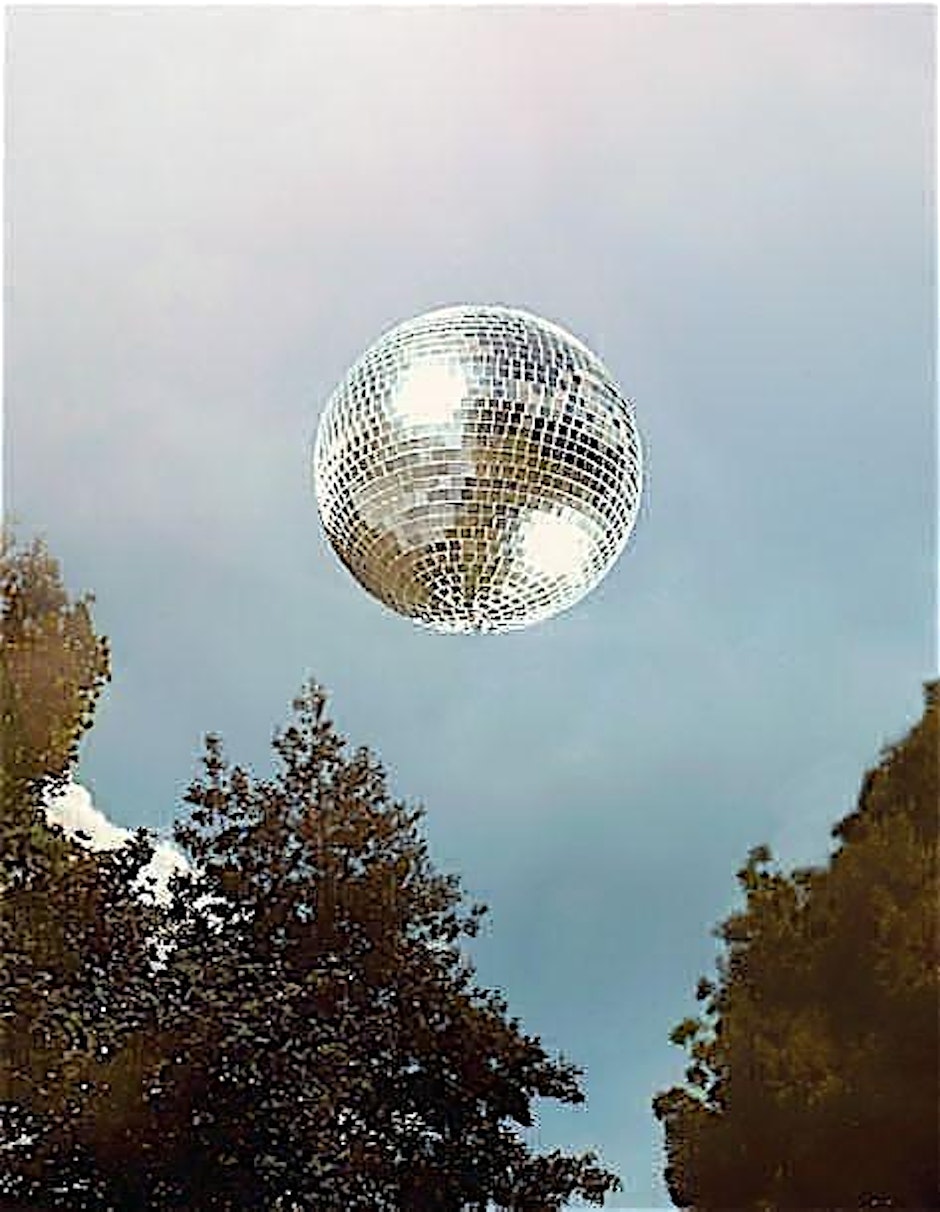What is Reiki, and Are There Health Benefits?
Discover the essence of Reiki, its belief in universal life force energy, and explore the profound health benefits it offers.

Reiki is a Japanese technique for stress reduction and relaxation that also promotes healing.
Reiki believes in the existence of a universal life force energy that flows through all living beings.
Within these belief systems, it is believed that blockages or depletion of your energy fields can lead to physical, emotional, and mental imbalances. The practice of Reiki aims to restore and rebalance this energy, allowing the body to heal itself.
In Reiki, the practitioner or reiki master uses their hands to remove energy blockages near the person's body.
The practitioner lets the universal life force energy flow through them and into the recipient. Believers think that this energy promotes relaxation, reduces stress, and supports the body's natural healing processes.
In this article we will cover:
What can be accomplished with a 90 minute Reiki Session?
Is having a Reiki session worth it? What will I feel?
Where did Reiki come from and how did it start?
How is Reiki practiced in Japan?
What can be accomplished with a 90 minute Reiki Session?
During a 90-minute Reiki session, you can achieve a variety of benefits.
The practitioner's energy can help clear any blockages in the recipient's energy flow. These blockages can manifest as physical pain, emotional distress, or mental fog. Removing blockages helps the body heal naturally, leading to improved well-being.
In addition to relaxation and energy balancing, a 90-minute Reiki session can also promote a sense of clarity and mental focus. As the energy flows through the recipient, it can help to clear any mental clutter or negative thought patterns, allowing for a greater sense of mental clarity and improved decision-making.
One of the great things about Reiki is that it is non-invasive and does not require any physical manipulation. The recipient remains fully clothed and can simply relax on a comfortable table or chair during the session. Many people find the experience deeply calming and rejuvenating, often describing it as a warm, soothing sensation.
Is having a Reiki session worth it? What will I feel?
Reiki can be beneficial for a wide range of conditions, including chronic pain, anxiety, depression, and fatigue. It is also commonly used as a complementary therapy alongside traditional medical treatments. While Reiki does not claim to cure any specific illness, it can help to create a state of balance and relaxation, which can support the body's natural healing abilities.
In addition to its physical benefits, Reiki is also known to have a positive impact on mental and emotional well-being. Many people report feeling a sense of peace, clarity, and increased self-awareness after a Reiki session. It can help to release emotional blockages, promote a sense of inner calm, and improve overall mental clarity.
Reiki is a versatile practice that can be easily learned and practiced by anyone. There are various levels of Reiki training, with each level providing a deeper understanding and connection to the universal life force energy. Many people choose to become Reiki practitioners themselves, allowing them to share the healing benefits of Reiki with others.
Whether you are seeking relaxation, stress relief, or support for your overall well-being, Reiki offers a gentle and effective approach. Its simplicity and accessibility make it a popular choice for those looking to enhance their physical, emotional, and spiritual health. So why not give Reiki a try and experience the profound benefits it can bring to your life?
Where does Reiki come from and how did it start?
It is based on the belief that there is an invisible energy that flows through us. This energy is what gives us life. If one's "life force energy" is low, then we are more likely to get sick or feel stress, and if it is high, we are more capable of being happy and healthy.
Reiki is a word from Japan. It has two parts: Rei means "God's Wisdom or the Higher Power" and Ki means "life force energy". So Reiki is actually "spiritually guided life force energy.”
How is Reiki practiced in Japan?
In Japan, Reiki is practiced in a traditional and holistic manner. It is deeply rooted in the country's rich cultural heritage and spiritual beliefs. Reiki practitioners in Japan undergo rigorous training and adhere to a strict code of conduct.
The practice of Reiki in Japan often takes place in serene and tranquil settings, such as traditional Japanese gardens or peaceful temples. These serene environments help create a sense of calm and relaxation, which is essential for the practice of Reiki.
During a Reiki session in Japan, the practitioner begins by creating a sacred space and setting their intention to channel the healing energy. The recipient, fully clothed, lies down on a comfortable mat or futon. The practitioner then places their hands gently on or slightly above the recipient's body, following a specific sequence of hand positions.
The practitioner focuses on channeling the universal life force energy, or Ki, into the recipient's body. They believe that this energy flows through their hands and into the recipient, promoting balance and harmony within the body, mind, and spirit.
In Japan, Reiki is not only used for physical healing but also for emotional and spiritual well-being. It is seen as a holistic practice that addresses the whole person, rather than just the symptoms of a specific ailment. Reiki is often used to reduce stress, promote relaxation, and enhance overall vitality.
The duration of a Reiki session in Japan can vary, but it typically lasts around 60 to 90 minutes. During this time, the recipient may experience sensations of warmth, tingling, or deep relaxation. Some individuals may even enter a meditative state or feel a deep sense of peace and connection.
After the session, it is common for the practitioner and recipient to reflect on the experience and discuss any insights or sensations that arose during the treatment. This reflection allows for a deeper understanding of the healing process and encourages personal growth and self-awareness.
In Japan, Reiki is not only practiced in professional settings but also within families and communities. It is seen as a way to support and nurture one another, promoting overall well-being and harmony within relationships.
Overall, Reiki in Japan is deeply ingrained in the culture and is viewed as a powerful tool for healing and personal growth. Its gentle and non-invasive nature makes it accessible to people of all ages and backgrounds, allowing them to tap into the universal life force energy and experience its transformative effects.
Final thoughts
In conclusion, Reiki stands as a fascinating practice deeply rooted in Japanese tradition and spiritual beliefs.
With its foundation in the concept of a universal life force energy, Reiki offers a holistic approach to well-being, addressing physical, emotional, and mental imbalances by promoting balance and harmony within the body, mind, and spirit.



